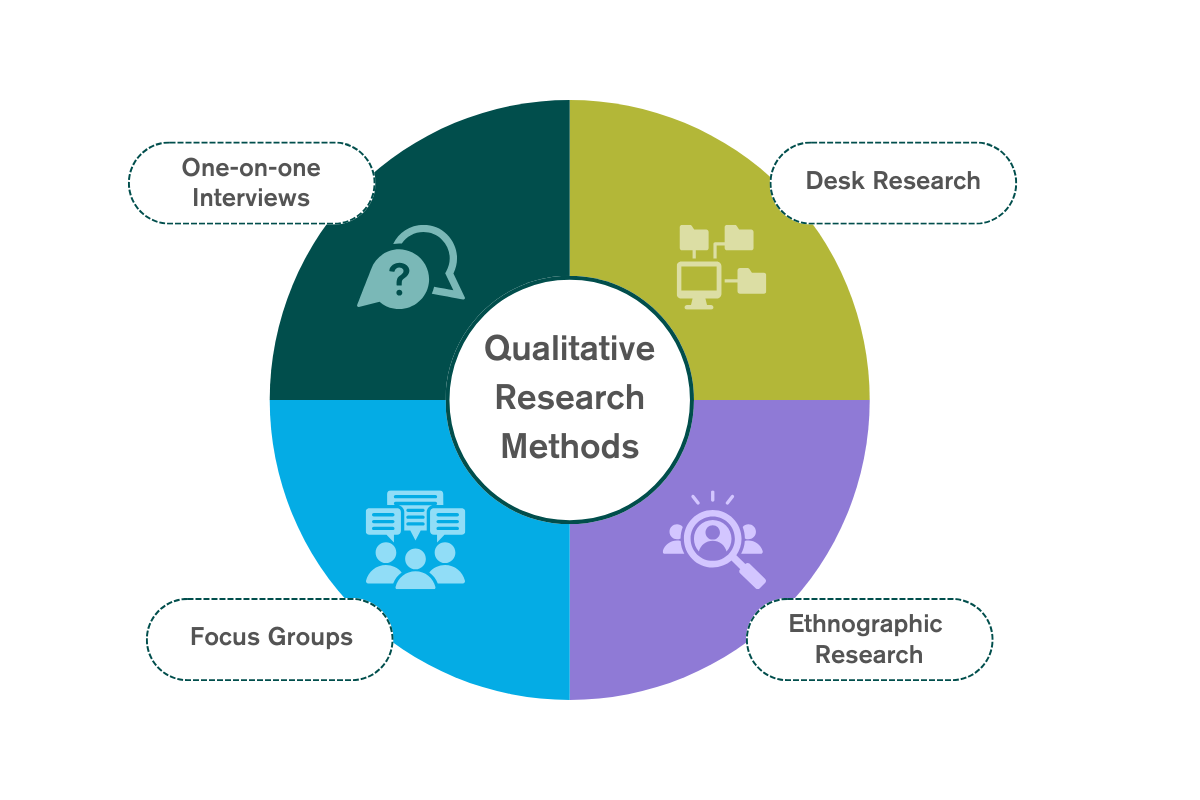Capability
B2B Brand Tracking Research
B2B brand tracking research measures the impact of marketing initiatives over time in a representative and unbiased way. Brand health tracking includes awareness, consideration and positioning.

Why choose us
The brand tracking agency you can believe in
Knowing the true impact of business and marketing initiatives on your brand is a powerful accelerator for market growth. Our brand tracking research evaluates the ROI of marketing spend and benchmarks your brand performance against the competition.
High quality data
Data sourced from computer-assisted telephone interviews or video interviews – no online survey panels. Get insights from real people with real expertise.
Greater efficiency
A streamlined research process that saves time and resources, while also uncovering clearer insights.
Genuine B2B expertise
A team of B2B experts that know what’s important to you and your industry.
Use Cases
Brand equity tracking
Market growth
Brand trackers uncover where there could be new opportunities for market growth from unmet customer needs. They do this by tracking your brand awareness and perception in the market over time. As a result, brand tracking companies measure your progress in meeting customer needs.
Marketing benchmarking
A brand tracking agency helps you to understand the impact of your marketing. It is a way to measure brand health against competitors over time. What is your true level of brand awareness in the market? Are customers familiar with the services you offer and your competitive differentiation? Are key marketing initiatives having an impact over time?
Marketing ROI assessment
A brand equity tracker determines the effectiveness of your marketing efforts. It provides clear insight into what is working (and what is not working). Gain insight into how to increase your ROI from your marketing strategy, including advertising campaigns and rebrands.
Marketing strategy optimization
Brand tracking directs time and resources where your brand is in most need of focus. It gives you a clear direction on how to clarify the way your brand is viewed and the purchase intent. This insight is valuable for growing the number of customers that would consider buying your product.
Market needs alignment
A regular brand tracking survey keeps a finger on the pulse of how your customers’ needs are changing. It tells you how your competitors are adapting to meet those needs, and where there may be opportunities to better serve customers. This helps your business to continue to grow as the market evolves.
Mergers and acquisitions
A brand tracking study evaluates the strengths and weaknesses of a target acquisition. They are used to establish a brand’s true market value before its acquired. Subsequently, the brand equity tracker measures the impact of efforts to increase awareness and consideration of the brand after the acquisition.
FEATURED VIDEO
How leading B2B brands use brand tracking market research
Learn how B2B brands use brand trackers to assess the effectiveness of business initiatives, marketing strategy and campaigns.
Our process
Custom-built B2B brand health tracking
Every one of our brand trackers is custom-built from scratch. No more off-the-shelf research.
Define your research objectives
An initial meeting to understand your brand challenge or opportunity to inform our research plan.
Project kick-off
We meet with your internal stakeholders to align on the competitors to benchmark against and markets.
Design interview materials
We custom design the interview discussion guides and/or questionnaires and edit until you sign-off.
Interview programming and setup
This is managed by our in-house team to make sure we have ultimate quality control.
Recruit real decision-makers
We recruit, screen, and validate the identities of relevant decision-makers in your target audience.
Data collection
We conduct live interviews with a representative sample of relevant decision-makers.
Analysis and reporting
We analyze the data collected by relevant variables and report clear and actionable insights in a short slide deck.
Strategic recommendations
We provide key recommendations on how to derive value from the insights and present the findings.
Featured CAse Studies
Our B2B brand tracking experience

Featured Insight
How to conduct a brand audit
A brand audit can reveal critical insights into a brand’s strengths and weaknesses in the market.
Faqs
Brand tracking FAQs
Here are some FAQs about B2B brand tracking research.
What is brand tracking research?
Brand trackers give you an unbiased view into your company’s brand equity and performance. They tell you:
- How your target market perceives your brand over time
- How many potential customers are aware of your brand
- What percentage would consider buying your products
- What attributes customer associate with your brand, versus your competitors
- If customers think your brand offers value for money and meets their needs.
How often should I be doing a brand tracking survey?
A brand tracking survey is often performed by brand tracking companies periodically every 6, 12 or 18 months. It can also be conducted following major strategic initiatives.
If a survey is conducted too often, then there isn’t the necessary time to digest findings, implement strategies, and measure the ROI. However, waiting too long between surveys makes it difficult for the insights to steer key business initiatives.
What are the benefits of brand equity tracking?
Brand equity tracking provides insight into:
- Your brand’s performance across the marketing funnel.
- How your brand measures up against competitors in terms of equity and meeting customer needs.
- The impact of your marketing strategy on how your brand is perceived by customers.
How do you conduct brand equity tracking?
Brand tracking companies use quantitative research to conduct brand equity tracking.
Structured interviews with a representative sample of target customers benchmarks your brand equity relative to your competitors at a moment in time. This helps to measure marketing ROI, provide recommendations to differentiate your brand, and informs M&A activities.
Qualitative research dives deeper into trends identified in the structured interviews. It helps businesses to understand the “why” behind brand perceptions or market needs.
What are common brand tracking metrics?
Key brand tracking metrics include:
- Unaided and aided brand awareness
- Brand favorability and preference
- Category alignment
- Brand equity
- Net promoter score (NPS)
- Brand associations
- Performance on key needs and value perceptions.
Tracking brand health metrics over time allows businesses to measure the effectiveness of their marketing strategies on B2B brand awareness, consideration, and perceptions.
How does brand sentiment improve customer acquisition and retention?
Positive brand sentiment attracts new customers and strengthens brand loyalty. This can be achieved by using a brand tracker to identify the brand attributes that best meet your customers’ needs. It also tells you where there is an opportunity to strengthen your brand positioning. Consequently, businesses can create a marketing strategy that aligns with those needs and improves its brand strategies. This is key to driving positive brand sentiment and growing share of voice.
Why is brand tracking market research important for marketing strategy?
Brand equity tracking helps businesses refine their marketing approach. It informs messaging and channel strategy to increase your return on investment in marketing and advertising campaigns. By aligning messaging with customer needs and industry trends across the marketing channels that the target market uses, businesses can build a strong brand reputation and drive higher engagement.




